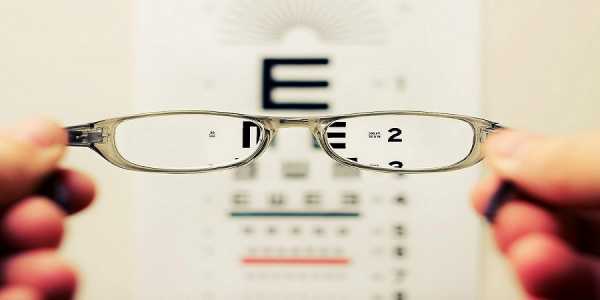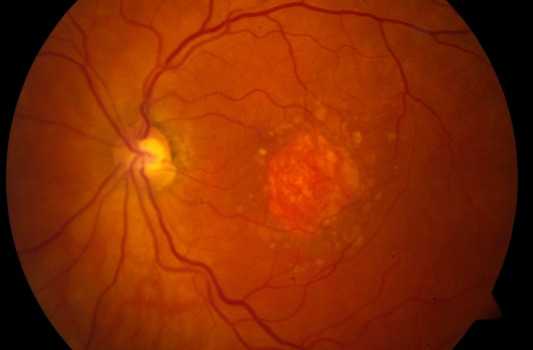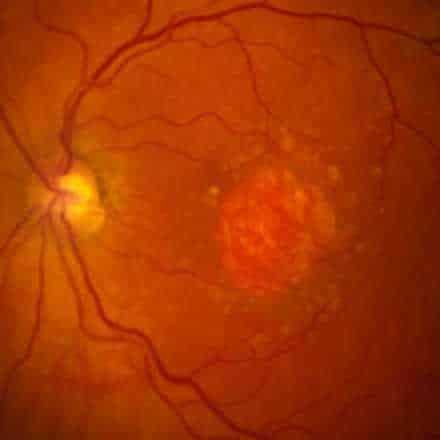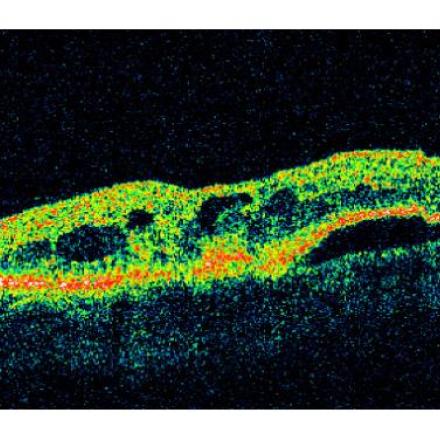
Vision and Comorbidity in Aging Adults
Did you know that one in every three Americans over the age of 65 has at least one type of vision-reducing eye disease? Some vision problems can happen on their own, but many come as a side effect of another condition. However, some researchers have found that older adults with poor vision are more likely to have multiple comorbidities or the existence of two more chronic diseases at the same time.
To fully understand the complexities of chronic illness and visual disturbances, you need to know about some of the most common eye problems for older adults. You also need to have a thorough understanding of how living with more than one chronic condition can impact your overall quality of life.
Understanding the Impact of Comorbidities
Americans are living longer than ever before. Most people want to live a long and full life, which usually means that you need to be healthy and active. Unfortunately, this may not be the case for many seniors. According to the National Council on Aging, 92% of older adults live with one chronic condition, and 77% have two or more. Living with chronic health concerns doesn’t only decrease your life expectancy, it also increases medical expenses for healthcare services like long-term care, medications, and complex medical treatments.
Unfortunately, having one chronic health condition often leads to others. For example, if you have high blood pressure that is untreated or poorly controlled, it can lead to other health problems such as kidney failure, stroke, and even damage to your eyes. This is precisely why it’s essential to address health concerns at any age and to practice good health behaviors throughout your lifetime. Let’s explore the risk of high blood pressure in more depth and also review a few other chronic diseases that can lead to visual deficits.
Hypertension
High blood pressure, also called hypertension, is more than just two numbers the doctor or nurse reports during your check-up. This important assessment measures the pressure of the blood as it moves through your veins and arteries. If the pressure in your vessels is too high, your numbers will increase, and you could suffer serious consequences.
As you age, the elasticity in your vessels can decrease. You may also have a buildup of plaque or cholesterol that comes from poor diet choices and genetics. These two factors make older adults more likely to live with high blood pressure and the complications that often accompany it.
Blood pressure can typically be controlled through lifestyle changes such as diet, exercise, and weight control or loss. Sometimes, you’ll need to take a daily medication to help control the pressure in your blood vessels. If your blood pressure isn’t controlled, you can suffer damage to your eyes, which can result in vision damage or loss.
One of the common eye health concerns related to hypertension is retinopathy. If your blood pressure is too high for an extended period, you may experience damage to the blood vessels inside your eyes. This damage is called retinopathy and causes symptoms such as blurred vision, bleeding in the eye, and partial or complete loss of sight.
Diabetes Mellitus
If you suffer from diabetes, you probably know that this disease affects almost every body system. Diabetes happens when the amount of sugar in your blood, also called glucose, is elevated. The high levels of glucose happen when your pancreas no longer produces enough insulin, which is a naturally occurring hormone in your body. Another reason for high glucose levels is if your body no longer uses insulin made by your pancreas as it should. Both of these situations can increase the amount of sugar in your bloodstream and create dangerous acute side effects and lead to other long-term health concerns.
Diabetic eye disease is a group of eye problems that happen to people who live with diabetes. Two conditions in this group of problems include diabetic retinopathy and glaucoma. If your blood sugar is elevated for a short time, you probably won’t suffer any eye problems. However, if you experience long-term elevated blood sugar levels, you may end up living with vision problems.
High sugar levels in your bloodstream can damage the delicate blood vessels in your eyes. Diabetic retinopathy happens when the damaged blood vessels harm the retina, or the inner lining of the eye found at the back of the structure.
The blood vessels may become weak, bulge, or leak blood into the retina. If this condition progresses without treatment, it can lead to severe vision problems and loss. Glaucoma is another condition common in people who have diabetes. It happens when the optic nerve is damaged from high glucose levels. If glaucoma is not treated early, you can experience loss of vision or even total blindness.
Parkinson’s Disease
People living with Parkinson’s disease (PD) usually develop symptoms over several years. PD is a disorder of the nervous system that affects your movement and balance. This disorder can affect people of every age but is more common in seniors over the age of 65. Symptoms of PD include rigid muscles in your arms and legs, fine tremors of your hands or fingers at rest, and problems with balance, walking, and posture.
You may not be aware that PD can also affect your eyes. Blurred vision and dry eyes can happen due to involuntary movements and lack of control of the eyelids. Another eye condition that can happen as a result of PD is color blindness. While color blindness is usually present at birth, it can happen later in life following an injury to the eyes or as a side effect of medical conditions such as PD. Color blindness occurs when the retina is damaged, causing you to see colors differently than others.
Overall Health and Vision Problems
Your eyes are critical to your overall health. Without good vision, you won’t be able to enjoy activities that you once could, and everyday tasks can become difficult and even downright dangerous. You must remember that every chronic health condition you have has the risk of causing damage to other organs and entire systems of your body. Be sure to take care of your overall health and wellness so that you can experience healthy vision for years to come.








